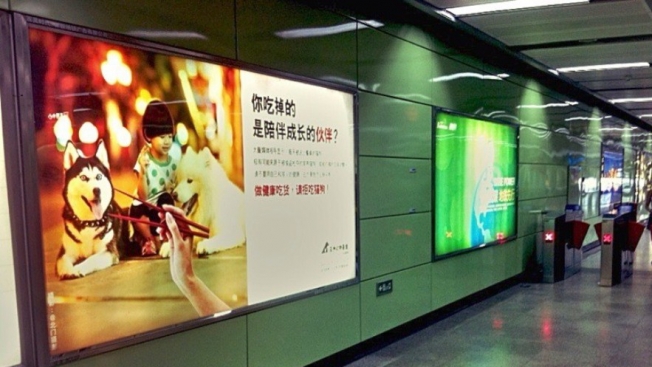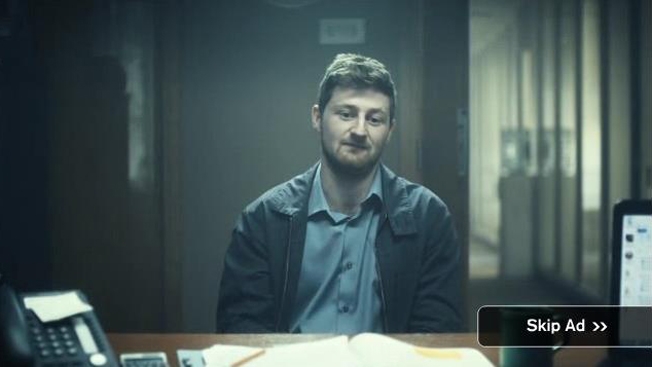New Attention-Grabbing Mannequins Are Modeled After Disabled Public Figures
Posted in: Uncategorized
It was Junot Diaz who said, "If you want to make a human being into a monster, deny them, at the cultural level, any reflection of themselves." So Pro Infirmis, a European advocacy organization for the disabled, has created a series of mannequins to provide those reflections in the image-obsessed world of retail.
The project's call to action is: "Because who is perfect? Get closer." And indeed, who is? The redesigned mannequins depict people with scoliosis, brittle bone disease and missing limbs. The models are radio host and film critic Alex Oberholzer, Miss Handicap 2010 Jasmine Rechsteiner, athlete Urs Kolly, actor Erwin Aljuki? and blogger Nadja Schmid.
The short film below, which documents the process, is deeply moving, particularly when the models encounter their mannequins for the first time. The works were displayed for the International Day of Persons With Disabilities in Swiss shop windows on Zurich's main street, Bahnhofstrasse. And once they had been polished to the perfected shine of a mannequin and posed in the windows, the disabilities almost disappear. Rechsteiner’s curved spine, in particular, creates a stunning silhouette that would be envied by high-end fashion models, and a young girl is shown trying to achieve the same pose after seeing the mannequin.
It's an important lesson, not only that people come in all shapes and sizes, but that all those shapes and sizes can be beautiful. If only more businesses had the bravery to show them.
![]()











